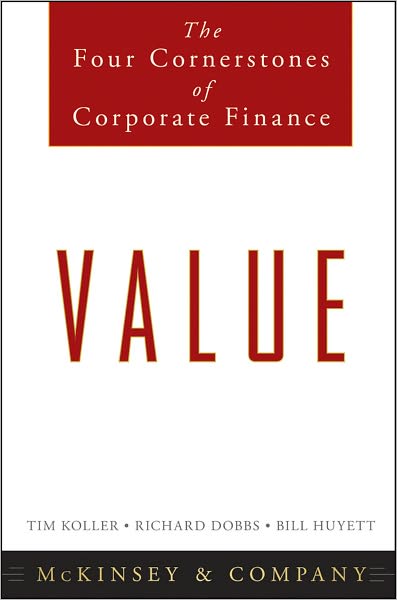On Con Men
Recently, I made a visit to the Cato Institute, and I bumped into a guy who indicated he was interested in investing with me.? We exchanged cards, and around 10 days later he called me, telling me about his scheme for investing the money of (my and other) IRA investors in wind farms that he had in upstate New York.
He talked for a while, and I said, “So are these limited partnership interests?”? He said no and rattled on about the opportunity.? I then asked, “Is this a private company, and you are offering shares?” He said no and rattled on about the opportunity.? I then asked, “Are these general partnership interests?? He said no and rattled on about the opportunity.? I then asked, “Is this some sort of structured note?”? He said no and rattled on about the opportunity.
I then said, “Stop.? If after five minutes, I can’t tell what it is that you are doing, it can’t be anything good.? I have worked in almost all areas of the securities markets, and if you can’t tell me the legal form of what you are doing, I have no interest, particularly not for my clients.” He rattled on about the opportunity, and I hung up on him.
Note: confidence is not a bad thing, but hyper-confidence is.? If someone is not willing to quickly trot out the risk factors on an investment, avoid them.? All investments have risk.? REPEAT: ALL INVESTMENTS HAVE RISK.? There, I feel better now.
I have said before, and I will say it again, “Don’t buy what someone is trying to sell you.? Buy what you have researched and want to buy on your own.”? Hey, I got cheated on penny stocks when I was young and inexperienced.? Many of us make mistakes when our knowledge is immature.
Also, even in institutional investing, I can tell you that complexity is the enemy of the one receives it.? I avoided most complex transactions when I was a corporate bond manager.? While working for the hedge fund, I happily set up a structured note that reflected my view of the world, after refusing one the broker created.? We won on that one.
So avoid complex investments.? Particularly avoid investments that you don’t understand.? At minimum, find a competent friend, or some neutral party that will look at the deal.? If you can’t find such a friend/party, don’t do the deal.? The friend is important, because he does not want you to come to harm, or lose you as a friend if things go bad.
I have a friend, the son of a dear deceased friend of mine, who seemed to attract Nigerian-style scams the way dryer traps collect lint.? I finally took him aside and said to him, “Ignore these.? If it is too good to be true, it most likely is too good to be true.”? Happily, he took the hint, and did not lose a dollar to the scammers. (I lost a couple hours proving the opportunities were bogus.)
Financially, this is a dangerous world, outside of the well-established channels for investment.? (I write this as one with significant private equity investments.)? Be careful in how you allocate your funds, and don’t give into a slick pitch that promises high returns (over 7%), or extreme safety (no way you can lose), without significant due diligence.
Update: One more note.? I often find it useful to ask the seller to send me all of the documents, and tell him that that I might pass them by my lawyer.? I don’t have a lawyer; for practical purposes, I am my own lawyer on securities matters.? I can read the documents myself as well as any lawyer.? But that usually cools the ardor of any con man; he knows that the deal will not get done, and he gives up.



